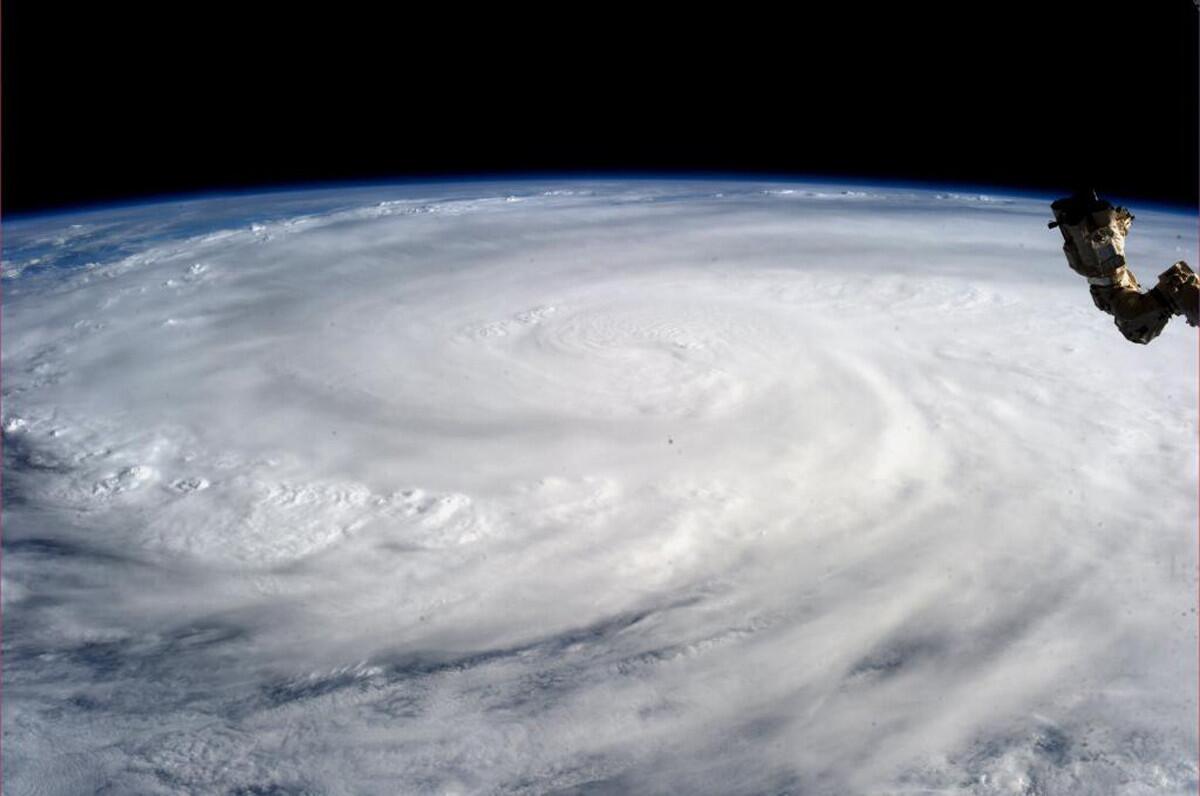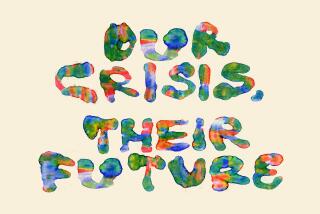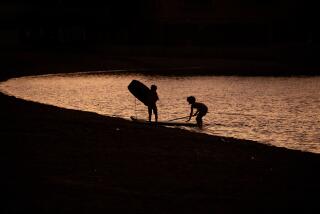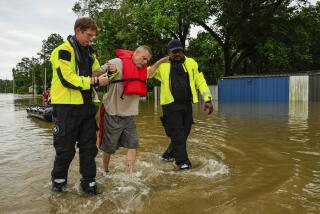Editorial: Climate change is here, now. Will the world act?

There’s a new tone in the latest report on climate change from the United Nations’ expert organization on the subject. The Intergovernmental Panel on Climate Change doesn’t just forecast the usual sweeping changes that are likely to occur as the planet warms, the kinds of warnings the public has heard (and often ignored) for decades. The report released Sunday goes further by pointing out alarming signs of what is happening already. In a rational world, it would be more than enough to propel world leaders into action.
Corn and wheat yields are down, the report says, possible harbingers of future disruption to the global food supply. Animals are migrating toward areas of cooler temperatures nearer the poles. The mountain snowpack in the Western United States is diminishing, reducing the country’s water supply. Coral reefs, which shelter a quarter of the ocean’s species, are bleaching — losing the algae that color them, causing their death over time. Droughts and heat waves are becoming more frequent and more intense. The number of people dying from the heat has increased in some regions, while the number of cold-related deaths has decreased.
Climate change is even transforming the Alaskan shore, the report says. The loss of sea ice has produced bigger waves, more erosion and the forced movement of some settlements away from the coast.
PHOTOS: Greenland’s ice sheet in a changing world
Of course, the report also includes a lot of predictions: higher sea levels, flooding of low-lying major cities, more of the extreme weather events that already have become familiar. On food, the report is more circumspect: There will be shifts in what kinds of crops grow best, and where and when they can be farmed, but it’s unclear exactly what those transformations will be. Still, people in the poorest countries will be at even greater risk of starvation.
The panel points out that many governments are falling behind in two ways: Not only are they doing too little to slow and perhaps reverse climate change, but they are failing to adapt to its ongoing impacts. The United States has done some incremental planning, and some states and cities have begun more serious work. After Superstorm Sandy, for instance, New York state’s utilities commission ordered extensive electrical upgrades to prevent massive power outages from future storms.
Though we can reasonably debate the details of how climate change will affect us and when, the time for debating whether it will have a serious impact is long past. We would do better to discuss how quickly we can reduce its severity by cutting greenhouse gas emissions, and which steps we should take first to reduce the effects that we are already too late to stop.
More to Read
A cure for the common opinion
Get thought-provoking perspectives with our weekly newsletter.
You may occasionally receive promotional content from the Los Angeles Times.










